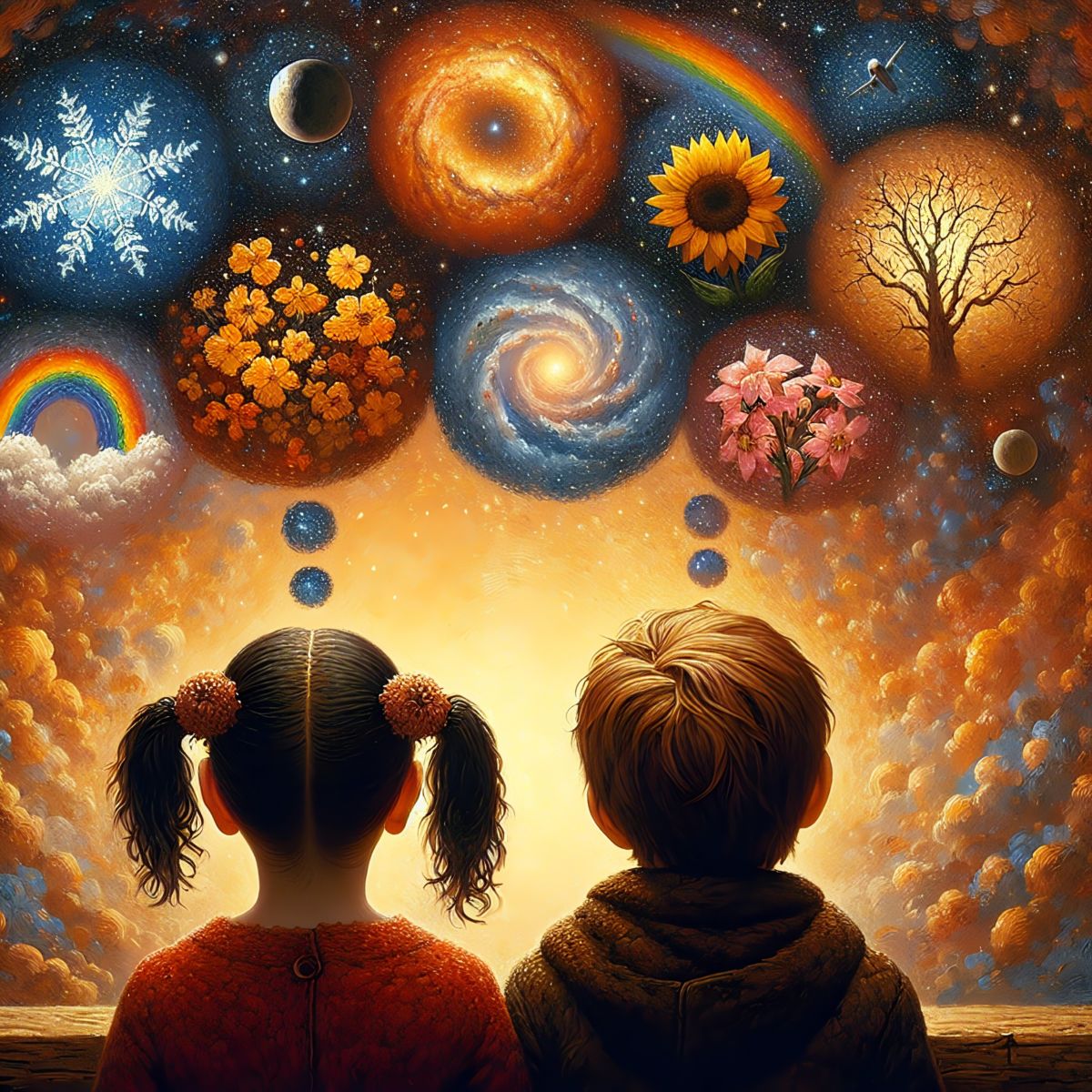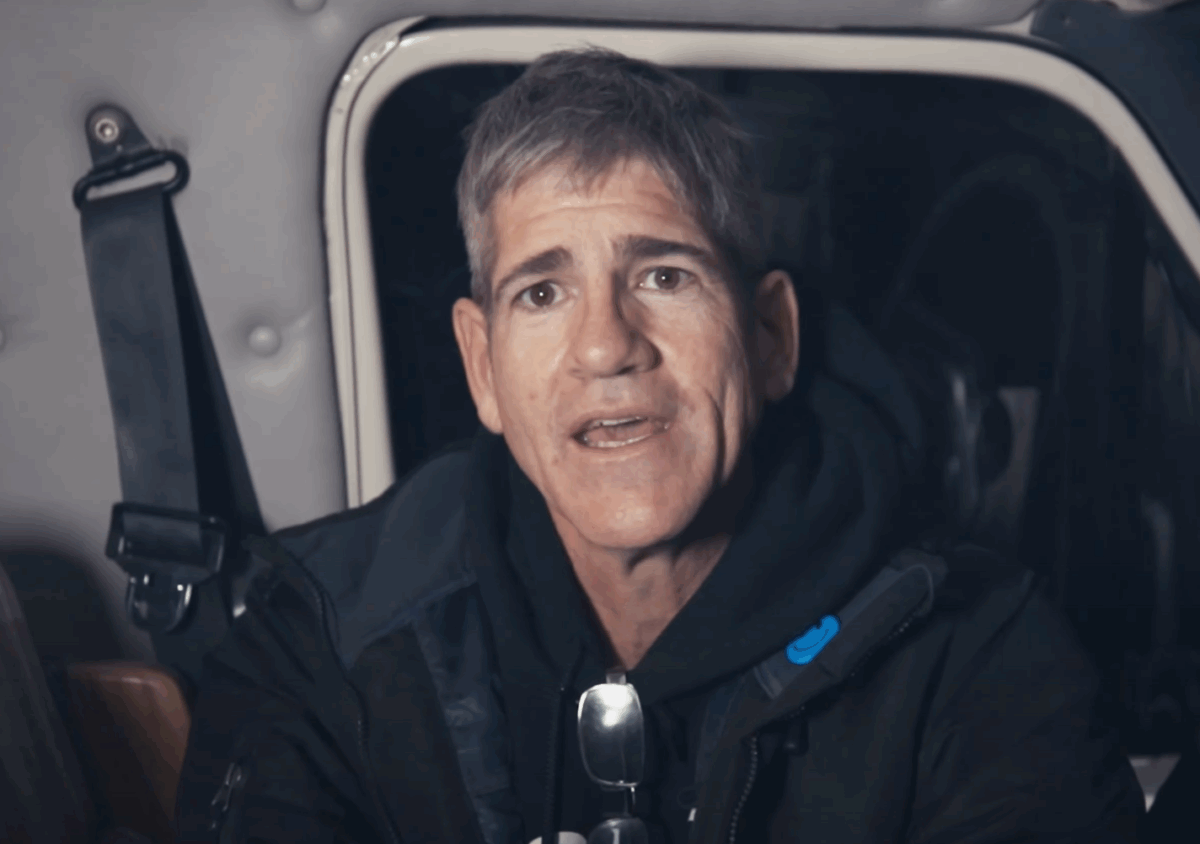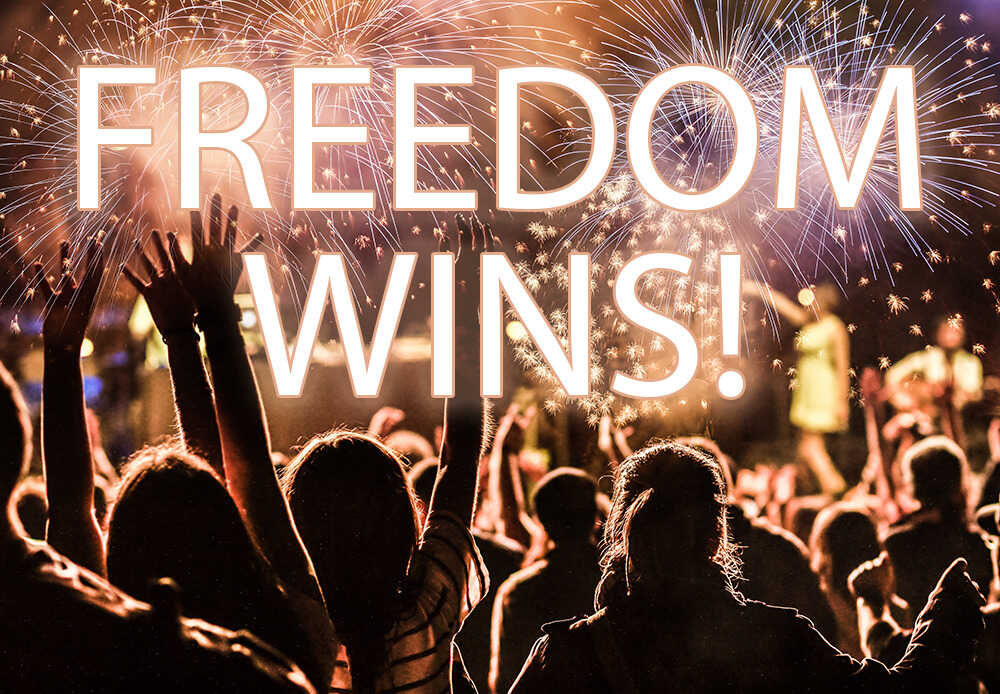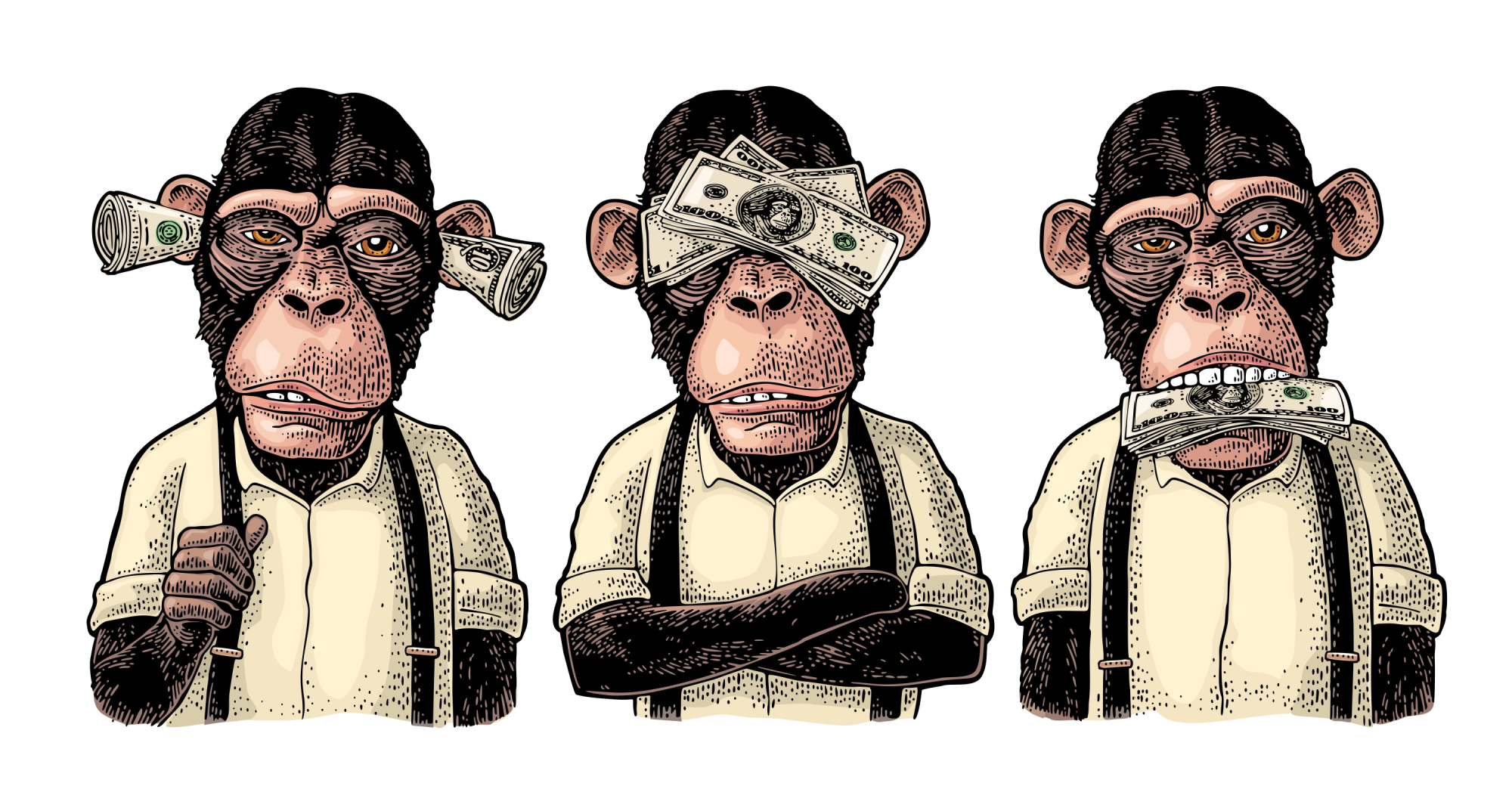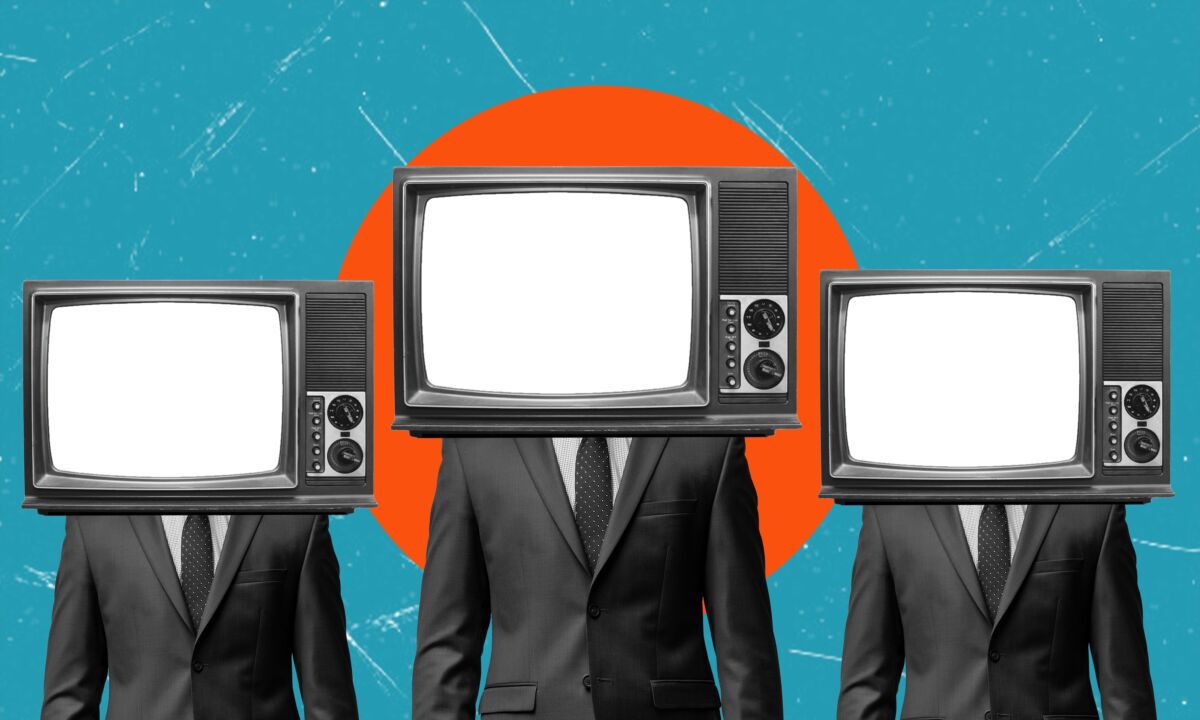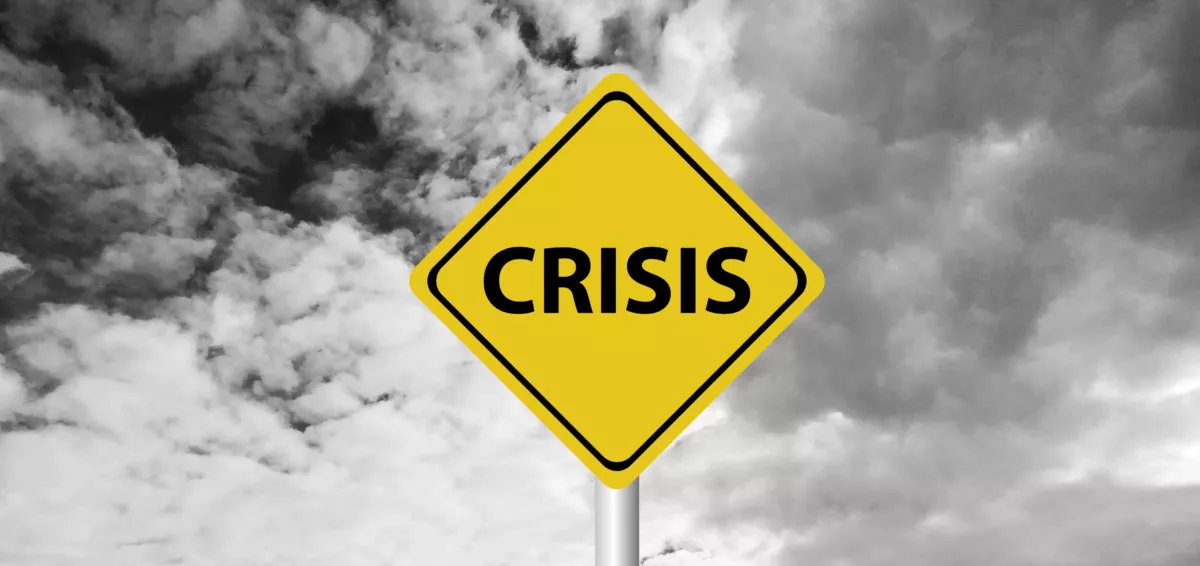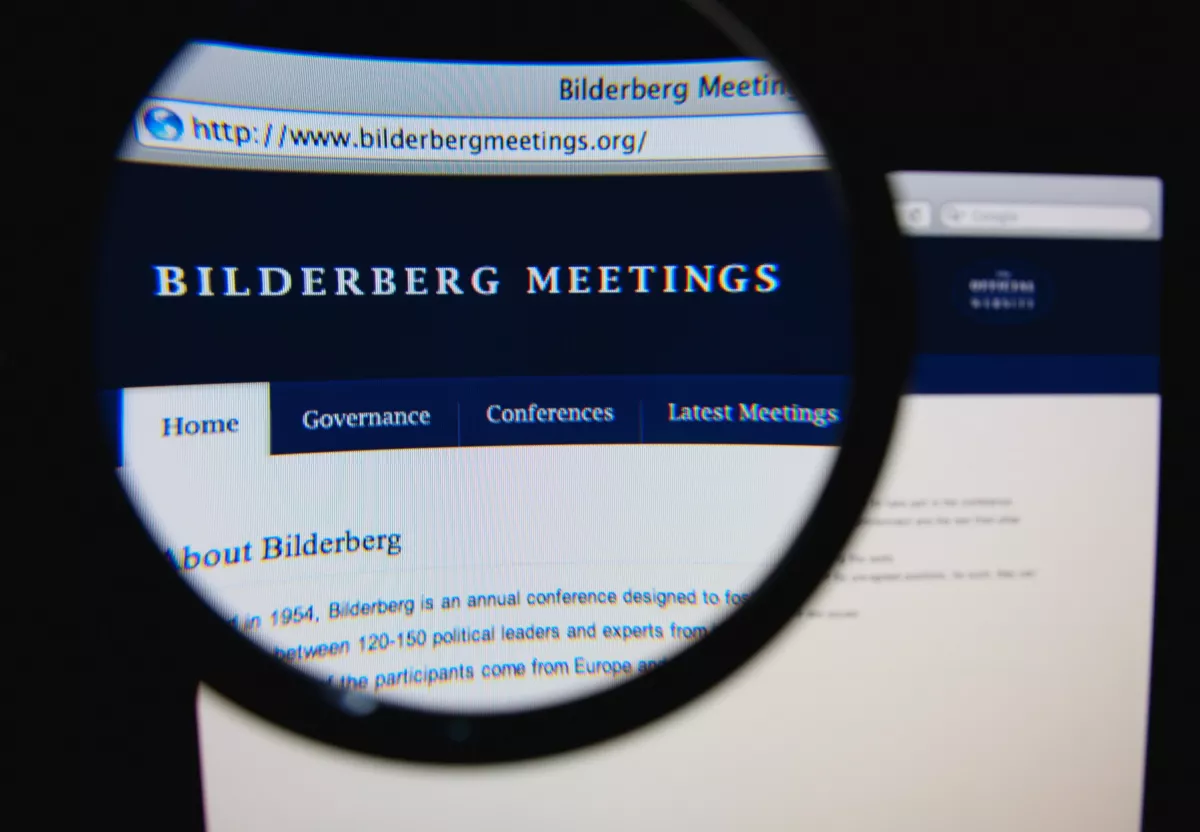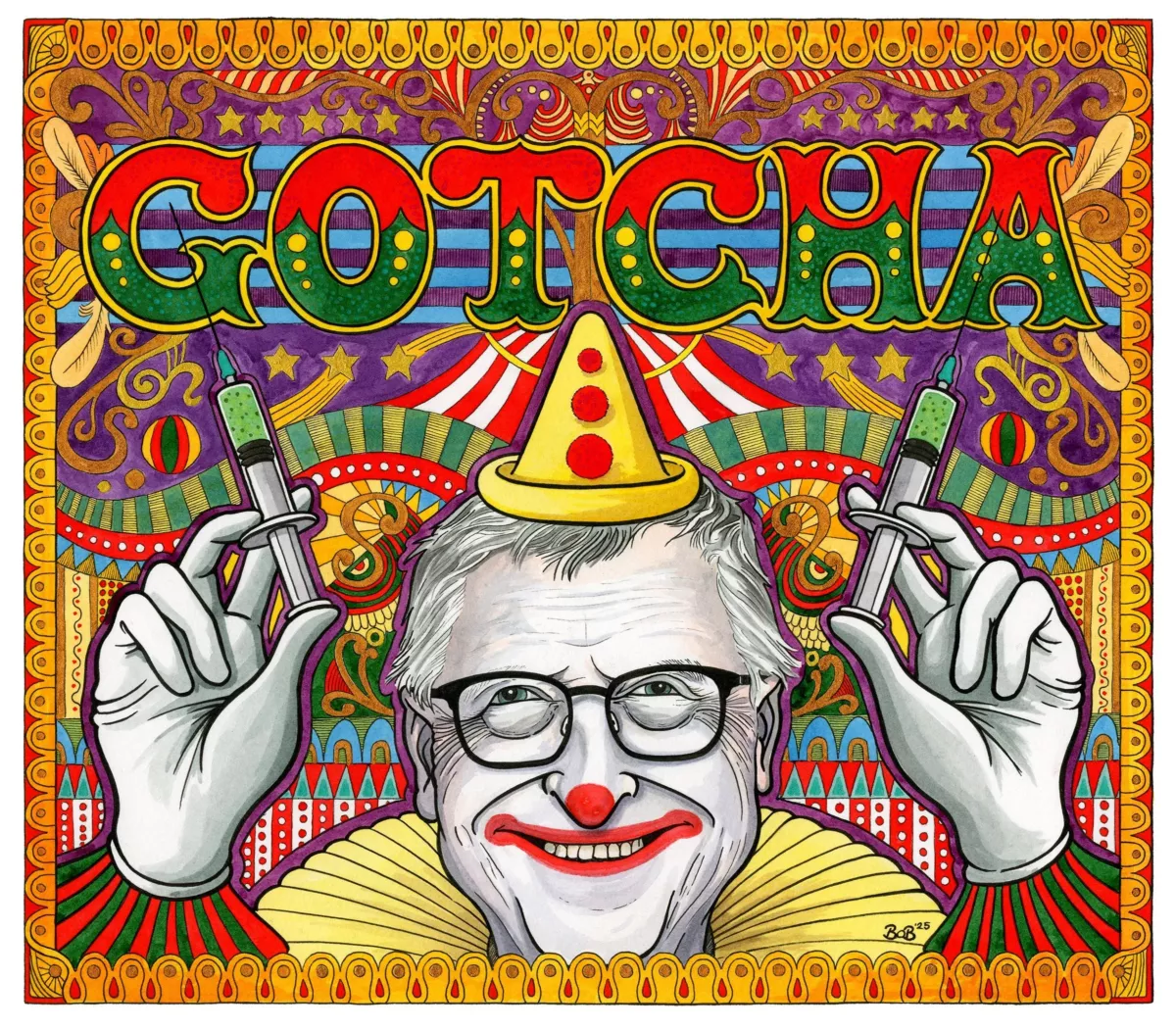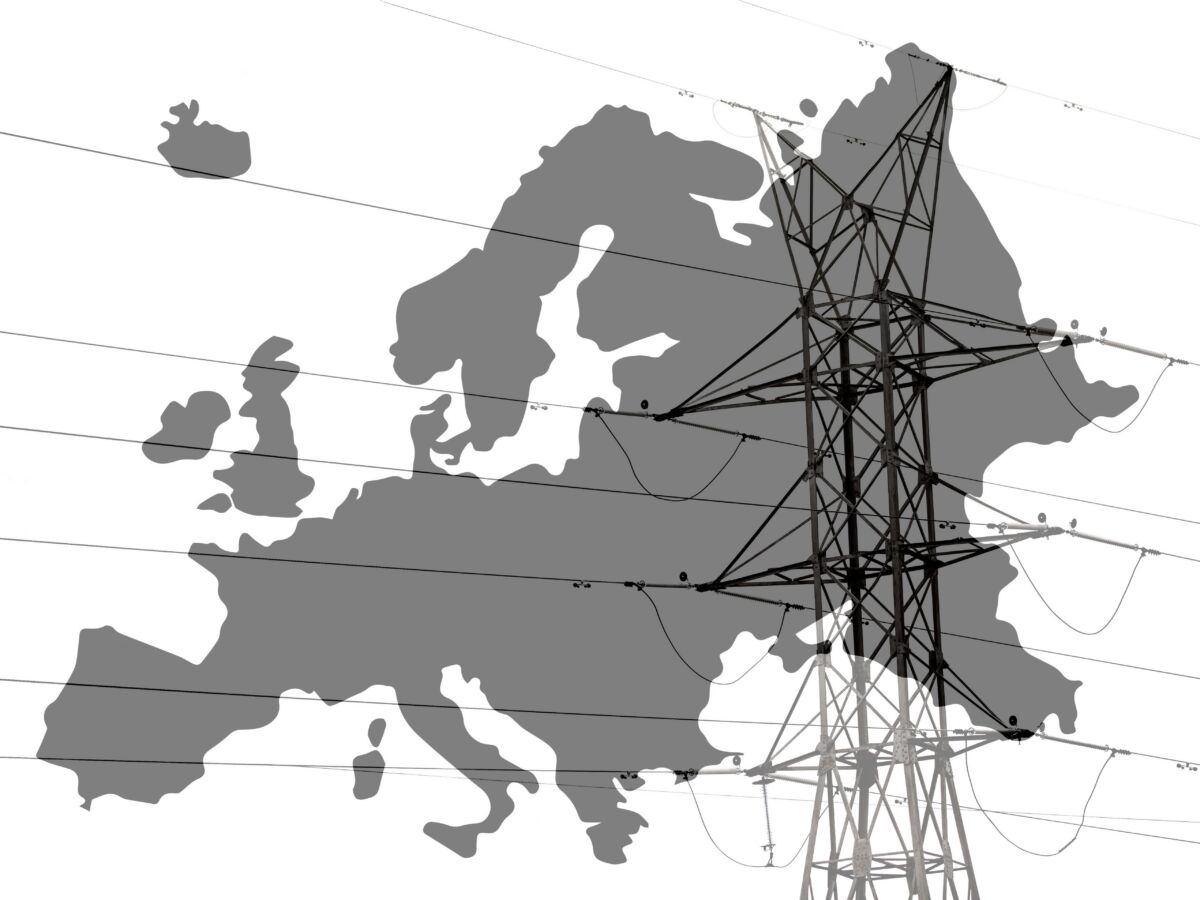Humanity’s Crisis of Imagination
By Joe Martino
thepulse.one
Many seem to believe that our existing systems and ways of living are good enough to solve the many challenges we face and that they are also the best we can do.
Sure, maybe people scoff at wealth inequalities and the levels of corruption in politics and big business in every country, but the belief I’m referring to tends to state that government, politics, economies, and what we’ve fleshed out generally beats all other ways of living and we should accept that.
As a result, not very many people are looking deeper at what else is possible for our local and global social design. Part of this is because there isn’t much “viral content” out there doing so. After all, not many of today’s influencers focus on this discussion, but it’s also because people seem to lack the motivation to do so.
Our globally wicked problems seem unsolvable and too big to wrap our heads around, new ideas are probably bad and a scam anyway, so why not just stick to what we know and hope it solves things, right?
This to me, is a crisis of imagination. I believe this to be a big part of the overall Shift we are experiencing.
I don’t typically enjoy the word “crisis” when talking about the state of our world because it can get people more riled up in hopelessness and panic. But in a world riddled with loud drama, it gets people to pay attention.
Where Has Our Insight Gone?
When I was a kid I would ask my parents, “If humans created our world, our systems, and the problems they produce, (people without food, water, and shelter) can’t we just uncreate these systems and create new ones?”
“It’s not that simple Joe, that’s just how the world is,” I was told.
This is a fair response as we often don’t think deeply about our societal design. Most of us are working so hard to keep our families safe, sheltered and fed that we don’t have the time or motivation to imagine what else is possible.
Don’t lose touch with uncensored news! Join our mailing list today.
So we accept what is and the stories that “explain” what is. We’re then told to participate in illusory democracies to be an “active participant” in the body politic, all while Deep State interests dictate the direction of the politicians we vote for (hence illusory democracy).
There’s good news, though. Pointing out the idea of a Deep State almost two decades ago resulted in people thinking I was nuts. Now, it’s fairly common knowledge that an unelected Deep State controls governments (or whatever hegemony is in power at a given time).
“Behind the ostensible government sits enthroned an invisible government owing no allegiance and acknowledging no responsibility to the people. To destroy this invisible government, to dissolve the unholy alliance between corrupt business and corrupt politics is the first task of the statesmanship of the day.”
—Theodore Roosevelt’s Autobiography, 1913
People are now desensitized to this reality and see it as “the way things are.” Every time we learn a new truth about how our world works, we integrate it into daily life and come up with ways to justify it as being Okay. “It’s just human nature,” we ignorantly say.
To be fair, some of us don’t integrate those truths as “Okay,” and spend years being mad and frustrated with the state of the world, often complaining endlessly about it all, while simultaneously believing things can never change because the people in power are too powerful. This is called being blackpilled.
Whether we accept that things “are just the way they are” and end our vision for something better, or become blackpilled, we lose our imagination, our insight, and our birthright of connecting to what is truly possible for humans to thrive.
THAT, is in our DNA, yet we’ve lost sight of it.
Are We Willing?
Is there a willingness to explore something deeper? To become “a new human, a future human” in a sense? To cough up the blackpill and embrace the unknown? Or do we read this and then move on to the next thing on the internet?
For me, the constant content consumption that is prevalent on the internet is useful in small phases—not long term.
As we learn and make sense of what’s going on, we gain motivation to want to change. But then it’s useful to pause our habitual and endless scrolling and content consumption for something different—to go deeper, integrate, practice, and embody something new.
The challenge is sidestepping the useless yet inviting social media content, and breaking free from the mental and nervous habits of “I need more! What am I missing? Who’s the enemy? What did I miss from THAT influencer?!”
Just because that is our culture, doesn’t mean it’s a good idea to join.
For example, one of my friends who’s an incredibly talented filmmaker is now just making trendy memes for the internet. Memes that indeed point to the cultural challenges of our time, but also are nothing more than poking fun at real issues and the way people think about them.
What does this poking fun do? It goes viral. But does it help provide a solution? No. It’s just more distracted eyeballs caught up in social media la la land thinking in shallow ways about our challenges, all while thinking something is changing by sharing more memes.
Don’t get me wrong, laugh, have fun, be light—but when poking fun becomes our baseline, we’re in trouble. And it certainly has become a big cultural baseline.
Not connecting to something beautiful and thriving within ourselves has a cost. It’s vital to come back to that.
What Else Is Causing Our Imagination Crisis?
There are likely MANY causes for this, but I want to focus on a few that I’ve thought about deeply. It’s not “cool” to think about these things.
What’s popular is having “a take” and making fun of or complaining about those in power and those who disagree with us. While temporarily useful to have a good laugh about something, this has become the baseline for people and content creators all over. And it’s feeding into a culture of dehumanization and no imagination.
Cynicism is trendy, and having an idea that the world can be better is utopian and idealistic to many and “proven false” because of “communism and socialism!” The same lazy tropes never die.
As stated, this fits right into the crisis of imagination.
We are so unconsciously shaped by our past and current culture that we don’t even take the time to think, imagine what else is possible, and converse about it intelligently.
Instead, we attack what is different with more “debunking rigour” than we apply to what we currently believe. Said another way, we aren’t willing to examine the fallacies of our existing beliefs to the same degree we desperately search for fallacies in new ideas.
There is a two-way feedback loop that creates our world and ourselves, and then ourselves and our world—confusing, I know.
But, our environment shapes us, and we also shape our environment. When we are unconscious, we tend to lose sight of how our environment shapes us and how we feed back into shaping our environment.
This is relevant, as our environment and culture are always telling us what is possible and not, and then we act on what we believe is possible and not. We reflexively respond from our past understandings of why something like a new energy technology is a hoax, why extraterrestrials can’t exist, or why humanity isn’t capable of something better.
We are often acting as agents of the past protecting the past, not joy-filled and wondrous humans curious to learn about a possible future.
This is what I have always meant by the idea that Change Starts Within. When we increase our awareness, self-awareness, and what we are conscious of, we have the power to apply ourselves differently and shape the world differently.
When you couple that with transforming from being driven by stress physiology and competitive worldviews to being engaged with our true nature, curiosity and wonder are emergent, and we are no longer driven by unconscious evolution. This is what it means to “become a future human” in my mind.
A Way Forward
Space needs to be held for new ideas to emerge. And I see this happening in the great work of many people out there, but it’s not yet popular.
In our existing world and systems, often what becomes popular is well-funded because money is a precious resource that fuels the ability to put enough quality time into something that it can reach the masses. I watched this happen with CE (Collective Evolution) between 2011 and 2017. Funding = impact.
What’s well-funded now is that which generally upholds the old story. My hope is that that continues to change.
Beyond funding is embracing and holding a new story in our being, conversation and actions. I believe there is a massive wave of people (about 1/3 of the population) who are bored of the constant exposing of things and are looking for “What’s next?”
I go back to four principles of individual and collective evolution I’ve taught over the years with CE: Break the Illusion (awareness and self-awareness), Awaken Neutrality (Curiosity), Awaken Possibility, and Live Aligned.
Breaking the Illusion around something can be spurred by learning that something in our world didn’t happen the way we thought it did or learning that consciousness is likely not a product of the brain. It shifts our worldview and idea of WHAT IS. We WAKE UP to something and break an old illusion.
Space is created and after a while, that process leads to “What’s next?” which looks like exploring our curiosity, possibilities, and how to live aligned to that. This takes practice, community, and the willingness to look and not just fall back into old patterns or fall down a rabbit hole into an ungrounded and unintegrated worldview (a spiritual emergency).
As a practice, see where you reflexively deny or debunk something because of records of your past, is that past record actually true? Sometimes it’s worth checking. Especially when those “debunks” are leading to a cynical view of our future.
In my view, our world has a large wave of people engaging in “What’s next?” in a very big way. All while another major and newer wave is starting to break the illusion. A third wave is still very much invested in the old thinking, old story, and old way of being. And that serves as an evolutionary pressure for the other two—for now.
If we don’t re-ignite our imagination of “what else is possible” we are destined to be unconsciously guided into our future.
Originally published at thepulse.one

